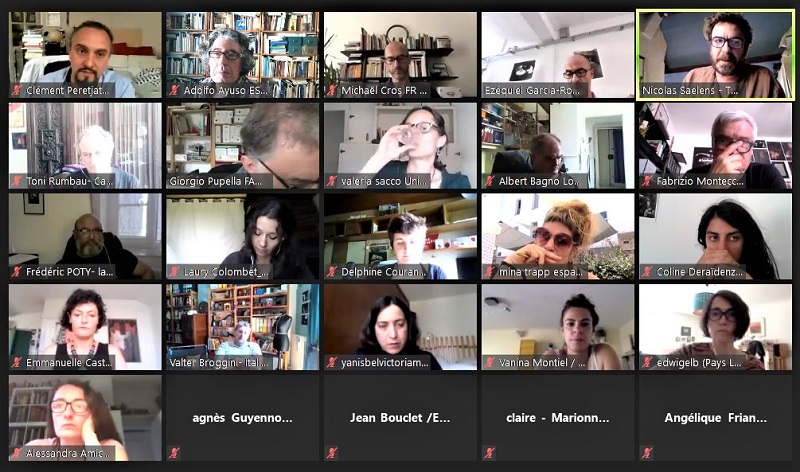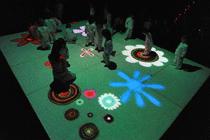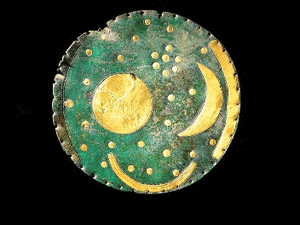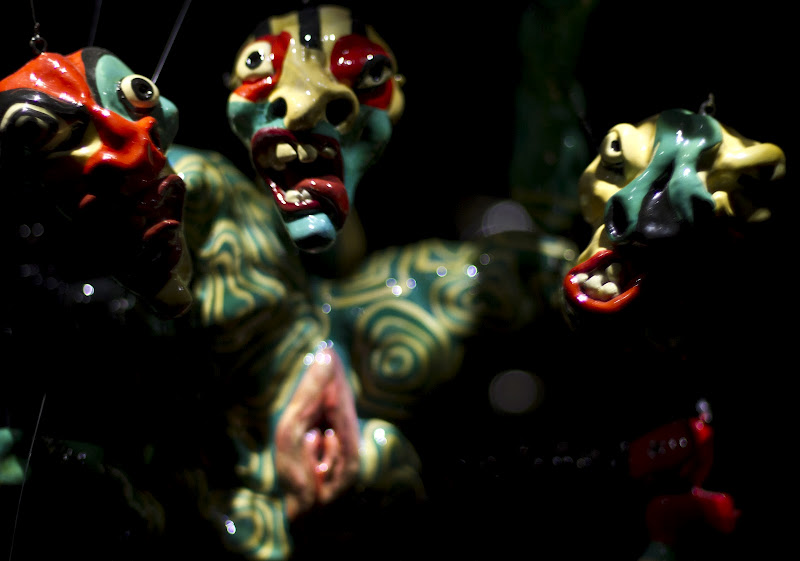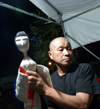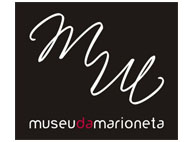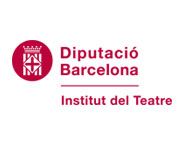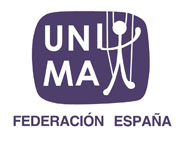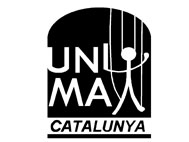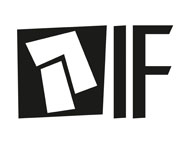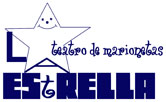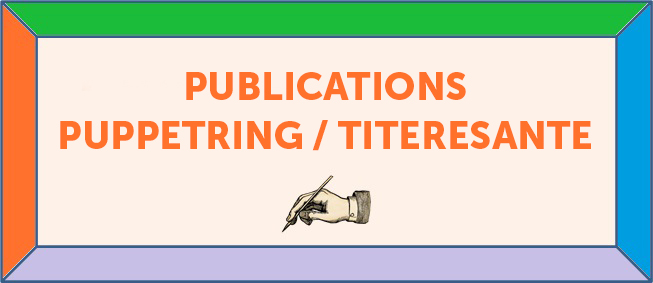(Some of the participants in the Atelier of 9 June 2021. Screenshot by Adolfo Ayuso)
During the months of May, June and July 2021 a number of meetings were held between various individuals and organisations, notably Giorgio Pupella, of the Centre Odradek-Cia. Pupella-Nogués in Toulouse, who also spoke on behalf of FAMO (Fédération pour le Arts de la Marionnette en Occitanie, an umbrella organisation for puppeteers and directors of relevant cultural centres), Claire Duchez of THEMAA (Théâtre Arts des Marionnettes de Francia, the French central Unima), Ezéquiel García-Romeu of POLEM (Régroupement de marionnettistes de la Région Sud), Clémént Peretjako of AURA (Collectif de marionnettistes de la Region Auvergne Rhône Alpes) and the three representatives of UNIMA Italy, Fabrizio Montecchi, Valeria Sacco and Valter Broggini.
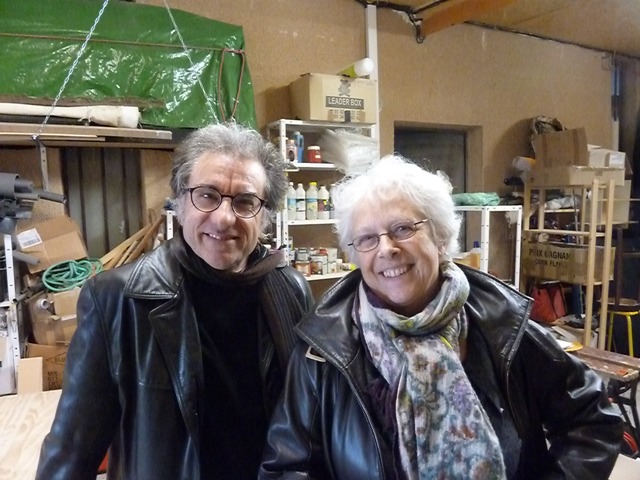
The idea of the meetings was to establish contact between the national UNIMAS of the three neighbouring countries, France, Italy and Spain, as well as between other regional associations and organisations. The objective is clear: to develop mutual knowledge and permanent contact with a view to creating dynamics of collaboration and, likewise, to propose mechanisms of union, association and collaboration between different national and regional bodies. How are dynamics and relationships between the global and the local, the national and regional, as well as between regional groups in relationship to one another, established? How should they function? At the same time, the aim is to seek understanding and collaboration between the national UNIMAS of the three countries.
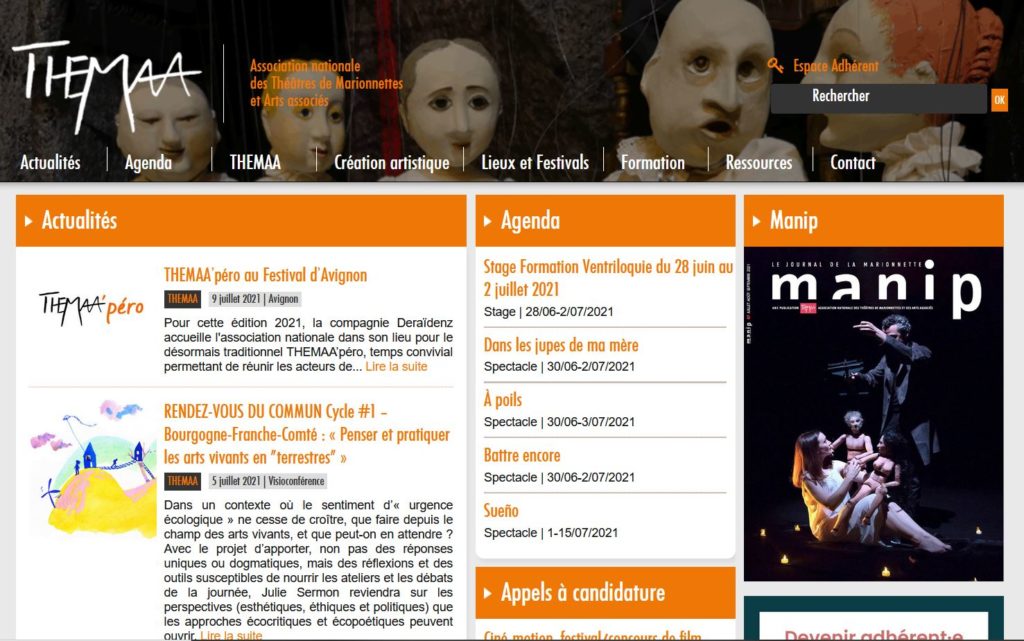
A powerful preoccupation is palpable at the heart of national organisations and local bodies, about how to ensure that the vertical attention of national bodies may reach the detail and complexity of local puppeteering ecosystem, whose problems require particular solutions as well as strategies of organisation, protection and specific development.
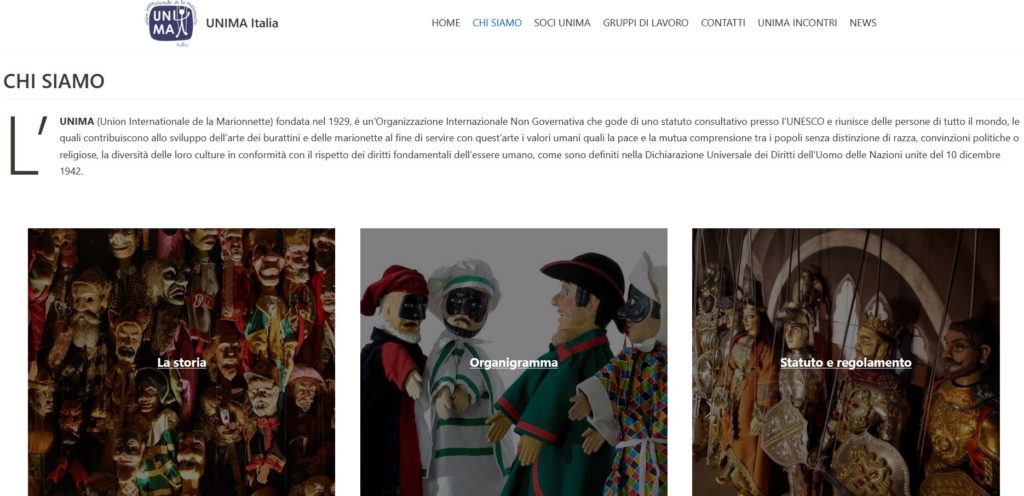
This concern has created an interest on the part of French and Italian puppeteering organisations in the way things are organised in Spain, a politically decentralised country that is a State of Autonomies: How does the UNIMA Federation of Spain work? What is the relationship between the Federal Junta and the various autonomous UNIMAS?
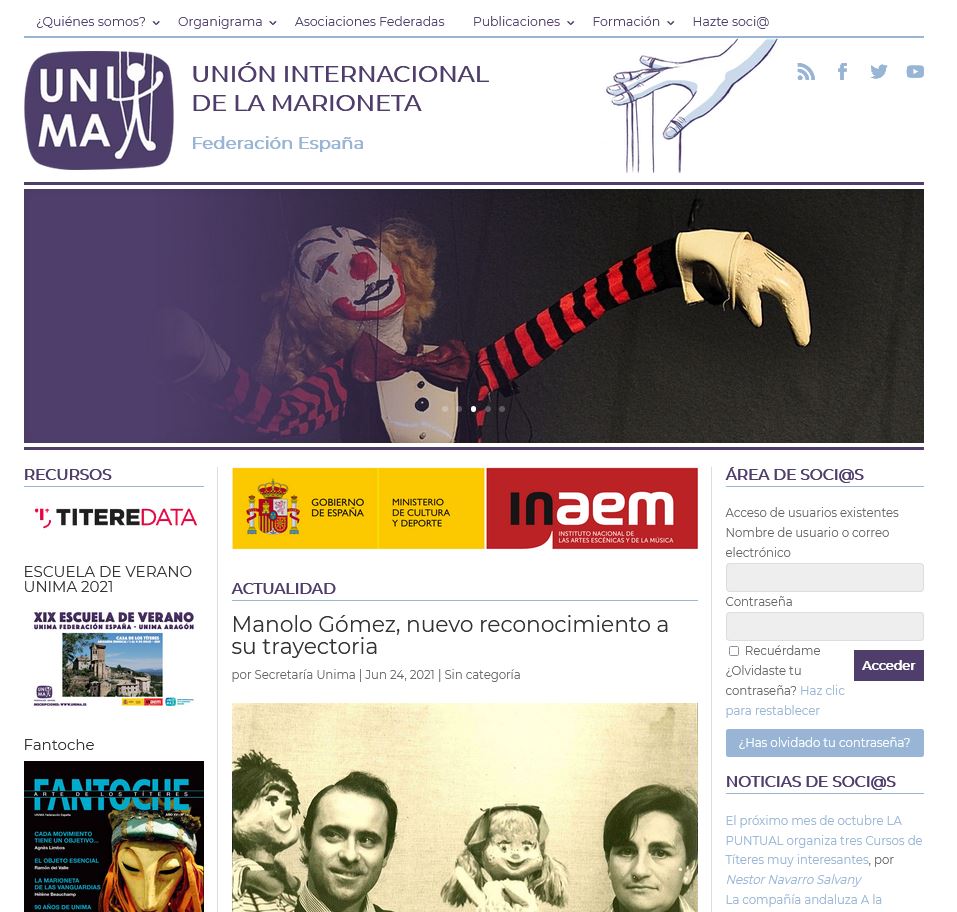
This is a very different reality from that of France and Italy. In the case of France, the country’s well-known centralism based on its Republican Jacobin roots encourages the impressive activity of its national organisation (THEMAA) but, at the same time, has resulted in the autonomous development of three new regional groupings, all in the south of France (FAMO, POLEM, AURA). Far from provoking conflict with the national Association, these groups have emerged in full understanding with it and under its auspices. What is evident here is the long practice of association and fruitful dialogue with government administrations that cultural agents enjoy in France, a country that knows how to separate politics and culture, thus ensuring solid structures and regular financial support.
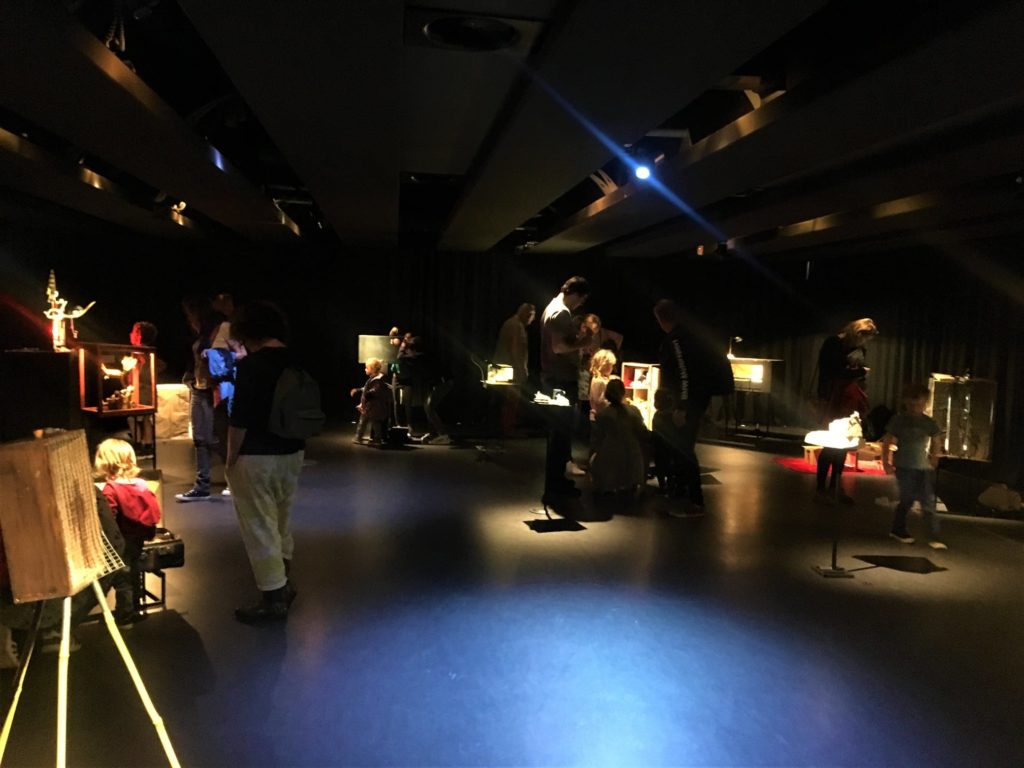
In the case of Italy, a highly decentralised country but one which, in terms of culture and puppetry in particular, has not managed to articulate a structure that responds to national/regional dynamics, whenever an attempt has been made to promote the decentralisation of UNIMA Italy, what has won out has been the impulse to disintegration of an exclusive nature, so that a single national organisation has been imposed out of necessity. As Fabrizio Montecchi the current president of UNIMA Italy explains, the body has as one of its principal functions the development of local culture in less developed areas. The national centre is located, as is to be expected, in the rich northern and central regions of Italy.
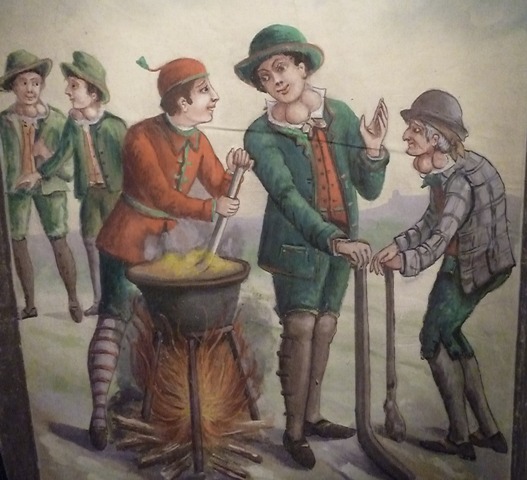
For those of us in Spain, our neighbours’ concerns and their examination of our situation produces an interesting mirroring effect: it allows us to see ourselves from the outside, through the eyes of those who value that which we are not always able to value ourselves. Could it be that the system we have created of federated UNIMAS is an achievement? UNIMAS that work better each day at a local level, applying for financial support to the autonomous and municipal administrations following the creation of a Federal Junta, thus enabling and enlivening the global/local impulse? Indeed, the above mentioned Federal Junta is in charge of relations with the Ministry of Culture; it coordinates the overall local UNIMAS and organises at least three highly important events for the organisation as a whole: the Annual Congress, the Summer School, and the magazine Fantoche (besides support with various grants, research opportunities and courses, which allows these a more generous budget).
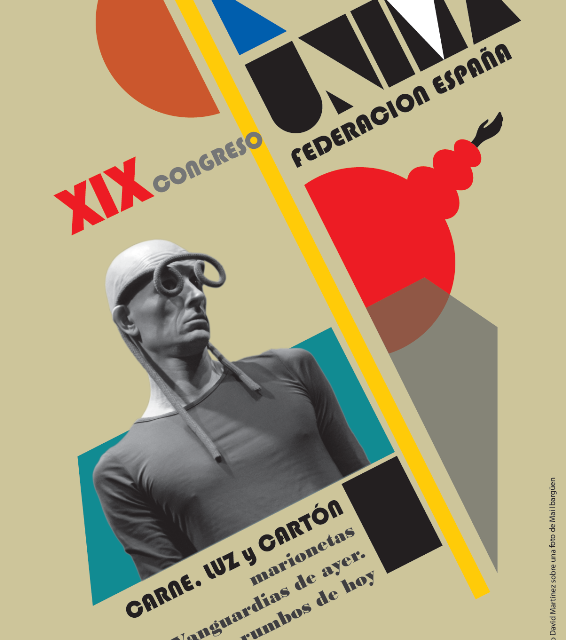
It is also true, however, that it is difficult to imagine that UNIMA Spain – as it is currently structured – could be as strong or powerful as THEMAA in France. To analyse why this is the case would be an excellent exercise in critical self-analysis on the part of Spanish UNIMA members.
For all these reasons, the initial members of the meeting decided to invite a number of puppetry professionals from Spain to become involved in the meetings in order to learn about the realities of the country, which are difficult to understand from their side of the border, and to establish contacts which may generate new dynamics.
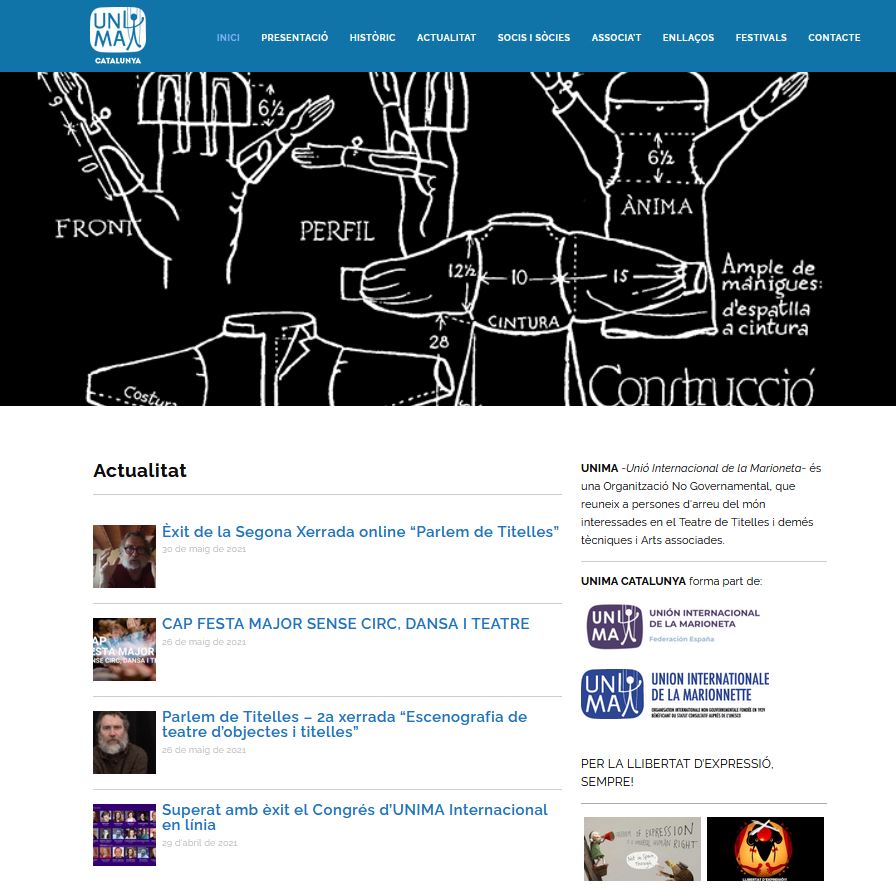
In the first round, those invited to the workshop on 9 May were Toni Rumbau, Director of Titeresante and co-author (together with José Luís Melendo) of the study on the Cultural Sector of Puppet, Visual and Object Theatre (TTVO in its Spanish acronym), Jordi Alomar, director of IF Barcelona, Sara Serrano, of the directing team of IF Barcelona, and Yanisbel V. Martínez, of Títeres Etcétera.
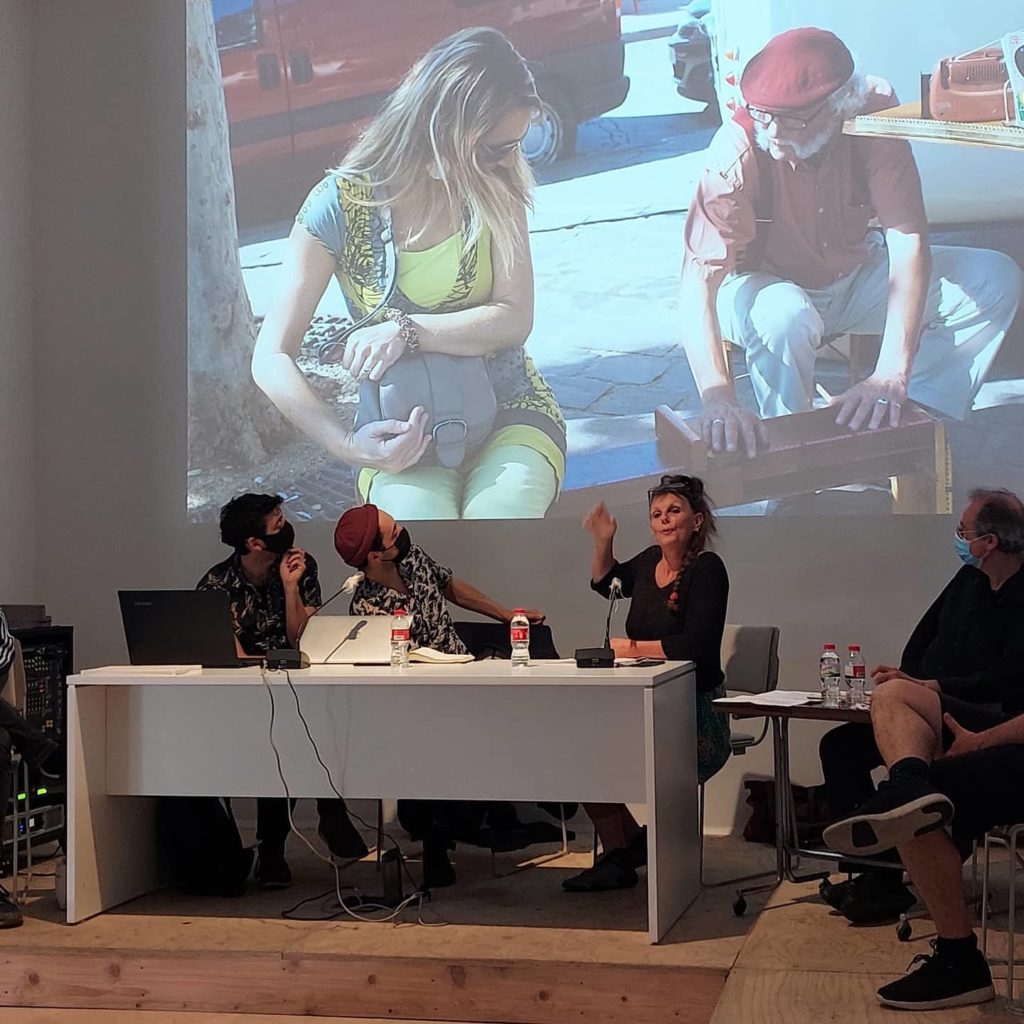
In the decisive workshop of 9 June, a number of representatives were present from UNIMA Federation Spain, UNIMA Catalonia, UNIMA Aragon and UNIMA Balreares: Adolfo Ayuso, Carles Cañellas and Mina Traap, as well as those mentioned in the previous paragraph.
Some thoughts on keywords from the Meetings:
The workshop of 9 June focused on the following points:
1) Identifying the tools of the various social networks in each of the three countries.
2) What actions and collaborations can be proposed for the future?
Many things were said and everybody offered their opinions from there respective experiences. Two people undertook to collect keywords as they emerged during the different discussions.
We have grouped them in order to be able to comment on, and analyse their meanings:
Diversity, Listening, Sharing, Respect, Autonomy
This sequence of keywords expresses one of the principal themes proposed by the workshop: how differences and diversity can coexist in a world that is so unstable that it can as easily be driven towards the global and unitary as towards dispersion and the local. In the field that concerns us, Puppet, Visual and Object Theatre (PVOT, from now on), the differences are well known: from the size of companies, the types of public we address, artistic ambitions, available budgets, and so on. Equally, if we consider the complexity of the puppeteering ecosystem, we find an immense variety of professional bodies, projects and institutions (companies, theatres, festivals, puppetry fairs, schools, museums, centres, organisations, research work, magazines, and so on).
On the other hand, there is the cultural and geographic diversity of the three neighbouring countries, with their enormous regional wealth and variety.
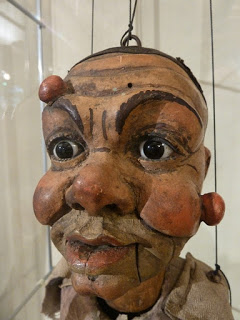
Undoubtedly, the first condition of coexistence with such diversity is to be able to listen to, and show respect for the other. Easily said, but more difficult in practice. It is well known that the art of listening is difficult in these times: the haste and pragmatism involved in day-to-day survival means time is parcelled out in the short term, to be used before it is too late. “Time is money”, and thus we allow ourselves to be led down pathways of fragmented time which do not allow us to attend to other people. As the philosopher Byung-Chul Han would say, ‘a time without scent’.
If there is no time to listen, there can be little respect.
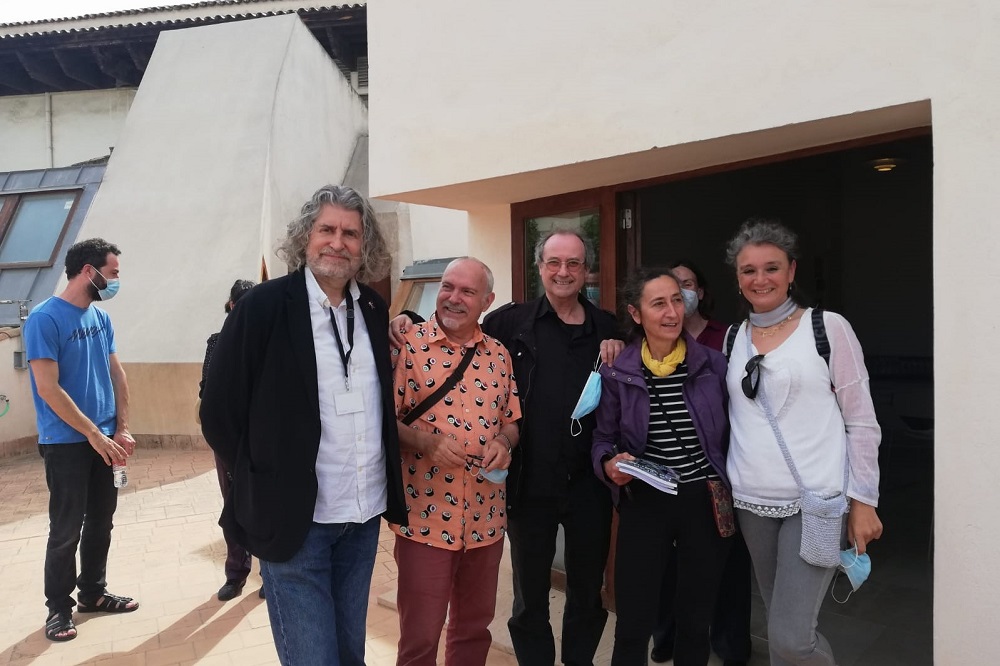
The question of Diversity, Listening and Respect is undoubtedly one of the most crucial points to be addressed and resolved in our epoch. The advantage that we have as agents of PVOT, regardless of the space we occupy in this complex ecosystem, is that our profession is based precisely on the acceptance of the Double, the Other, of Otherness in a metaphorical, but also real, sense: puppets are doubles that can be touched. They are, in fact, intentionally created. We puppeteers are condemned to deal with, and to learn to handle the themes of Otherness because they are the essence of our work. In contrast, we could say, to Politics, which deals with otherness from the perspective of control and manipulation. Politicians and puppeteers manipulate: we do so consciously, declaring that it is part and parcel of our profession; they do so pretending not to, and denying that it is the foundation of their profession, too.
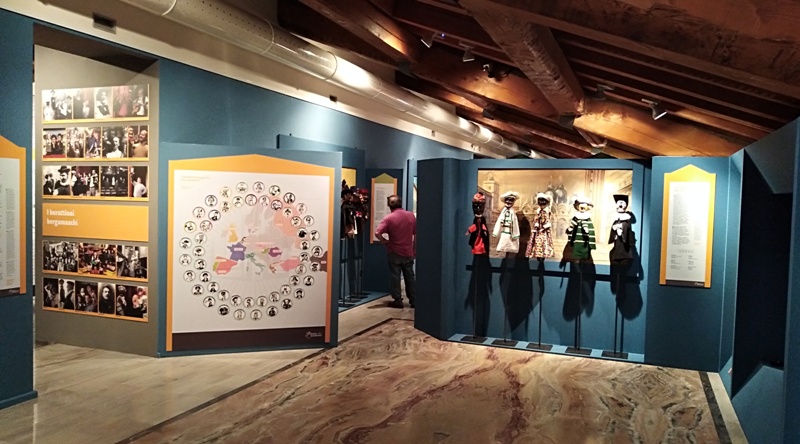
Therefore, the puppetry sector can open doors and experimental spaces in these very complex and subtle thematic areas. These organisational concerns about the national and the regional, the global and the local, as well as about the differences within our intrinsic diversity, constitute the essence of a practice that takes these labours as indispensable exercises in the cultivation of the great ‘garden of variety’ which is Europe. The exaltation of diversity, not in order to separate but in order to unite from a standpoint of difference.
This is why these meetings have provoked such enthusiasm among their participants.
Fragmentation leads to weakness; maintain unity in order to unite everybody; be close to the territories; regional structure
These keywords and phrases refer directly to Italy’s reality and express the thinking of those who, today, struggle to ensure that UNIMA Italy can overcome this tendency towards fragmentation, which only leads to a weakening of the profession as a whole.
Of course, these words can also be applied to Spain; although, here, fragmentation is assumed as normal and decentralisation is built into the structure, which means we have experience of managing it.
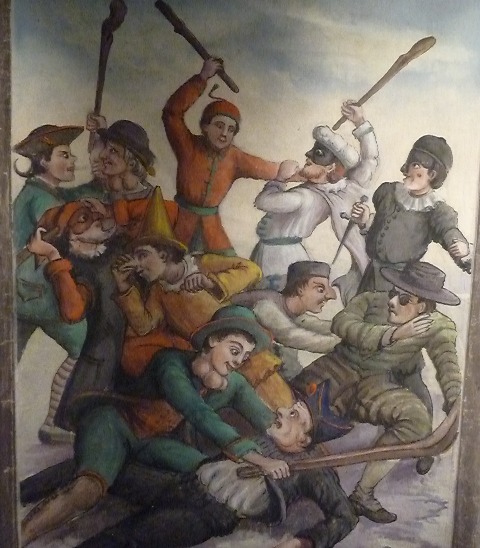
Words once more establish this tension between the Whole and its Parts, and how they may relate to each other. Puppeteers in each country have no alternative but to adapt to the distinct realities that exist. And without a doubt each of them contributes different and, to a certain extent, complimentary perspectives. We can be enlivened by learning from each other’s experience.
We may add here how important it is that the Parts (local UNIMAs, regional associations, etc.) seek to build relationships between each other beyond their national frontiers, establishing accords and projects in common, just as certain Spanish, Italian, French and Slovenian museums, festivals, companies and centres already do.
Identify (maps)
We see here one of the fundamental necessities of the sector: we need to know who and how many we are, where we are, the place we occupy within the Performing Arts as a whole and in the society to which we belong, how we define ourselves. It is usually the various organisations that take this upon themselves. THEMAA already possesses tools that provide updated knowledge about the sector. This allows its affiliates to plan strategic lines of activity, with data providing a snapshot of the current situation. In the region of Occitania in France, a map has been created, under the auspices of Sodam (Schéma d’Orientation des Arts de la Marionnette) that shows the current realities of this vast territory (see here)
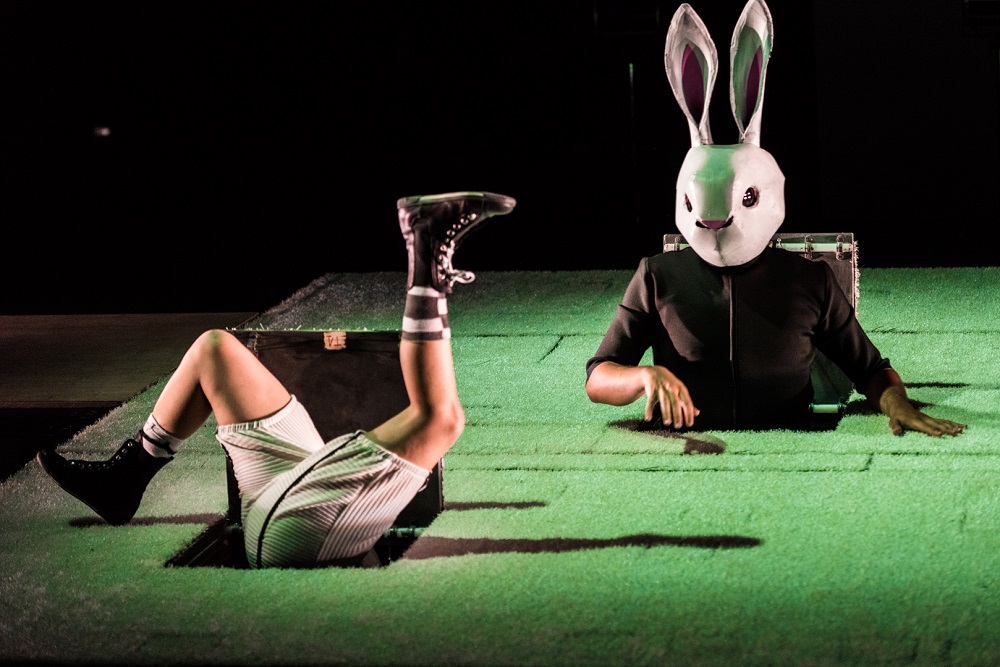
In Spain, the recent study carried out by UNIMA Federation Spain, Títeredata (see here), is one of the most complete surveys ever done in the field of the Performing Arts. At the same time, a digital tool is being created that will automatically update, each year, the sector’s basic data in Spain
In Italy a number of studies have been made and the will exists to progress in this matter.
Without a doubt, to be able to cross reference these maps of the sector, comparing our different realities and establishing maps of the complexity of the puppetry ecosystem within the three countries France, Italy and Spain, would be a great step in the cultivation of the ‘European garden of differences’.
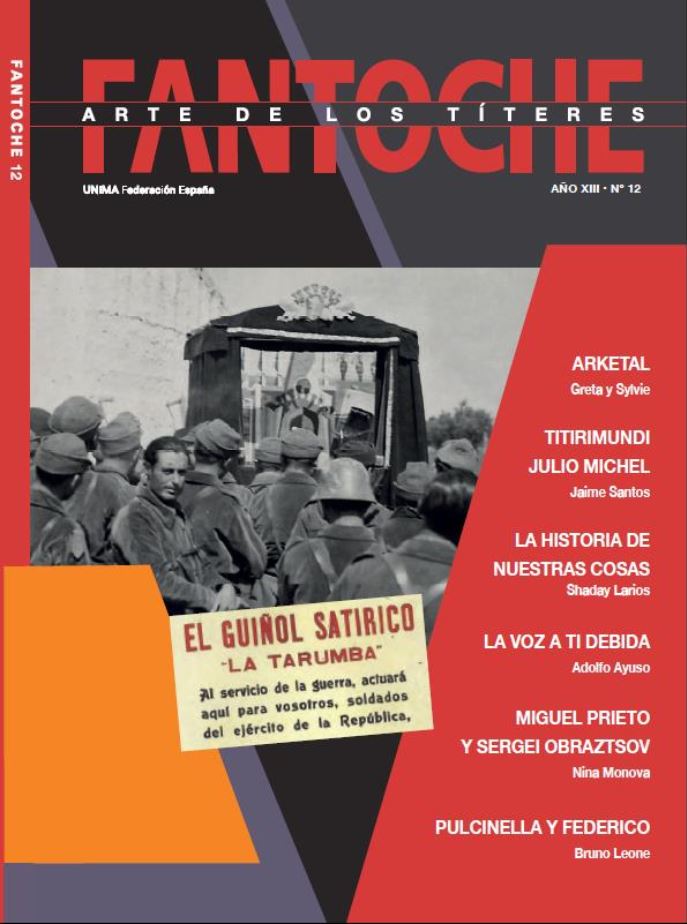
On the other hand, the work of analysis and constructive criticism in existing publications (Manip, Fantoche, the Odradek bulletin, Titeresante, etc.) fulfil a clear ‘mirroring’ function: they reveal the reality of artistic practices within the sector, as well as its hidden dimensions. We believe that these initiatives should be strengthened.
Parity, Transversality, Addition, Participation
These are some of the keywords that reflect current aspirations, floating in the atmosphere. The quest for gender parity is a shared aim for many. At the same time, the presence of women in the PVOT sector is ever increasing and, in many cases, women are in the majority.
Transversality leads us to a characteristic that is such an essential element of PVOT: to be a language of languages, a constant crossing of artistic disciplines and different kinds of theatre. Crosses and knots; and as we know knots are those singular objects where folded multiple dimensions can be found. Open spaces, then, for creation, for the eruption of the new and unexpected. Support for transversality is therefore a requirement in a sector that claims to believe in intersection.
Add one to another to participate. Abandon narcissistic positions and enter into collaborative and participatory processes.
The awareness of being an ecosystem
This refers to an augmenting of awareness that appears essential in the sector. Not everyone has this awareness. Its lack denotes a serious weakness. There is sometimes a tendency to seal oneself in a bubble, justified by the enormous effort involved in simply surviving; but this impedes the transversal, intersecting developments offered by multidisciplinary activities and the sector’s diversity.
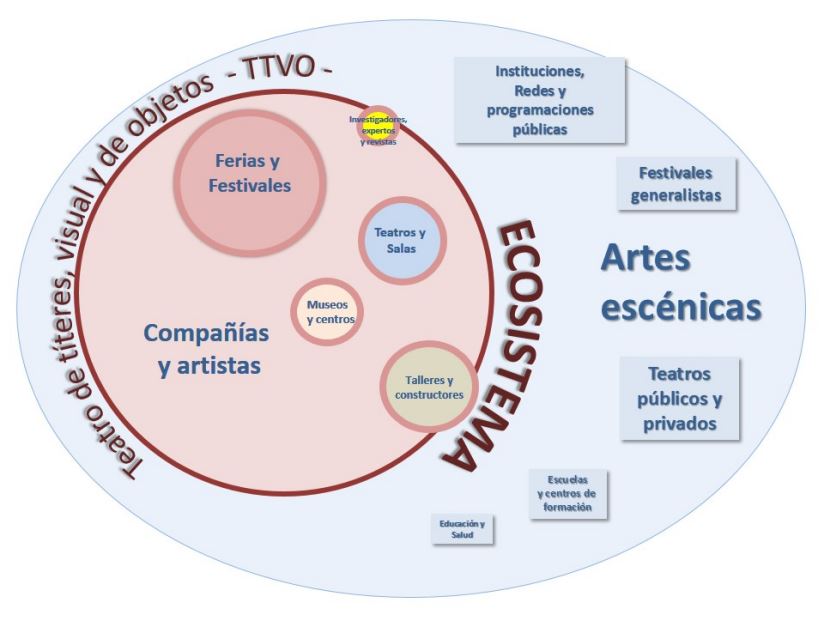
Public-spirited, solidarity, community activity
Important, indispensable words, although much used. Lest they sound empty, we should join them and cross them with some of the previously stated concepts: diversity, listening, respect, loyalty, awareness of being part of an ecosystem, and so on.
The discovery of common activities would be the corollary of the Meetings.
Wasted time meetings
I believe these words refer to the need to perceive and savour time, in an era that delights in fragmenting it. For this to be possible, time must be removed from the category ‘utility’ and no longer be instrumental or ‘used for’ anything. It needs to become ‘wasted or lost time’: only then can consciousness apprehend it, through ‘doing nothing’ and through boredom – the best schools for learning to savour time.
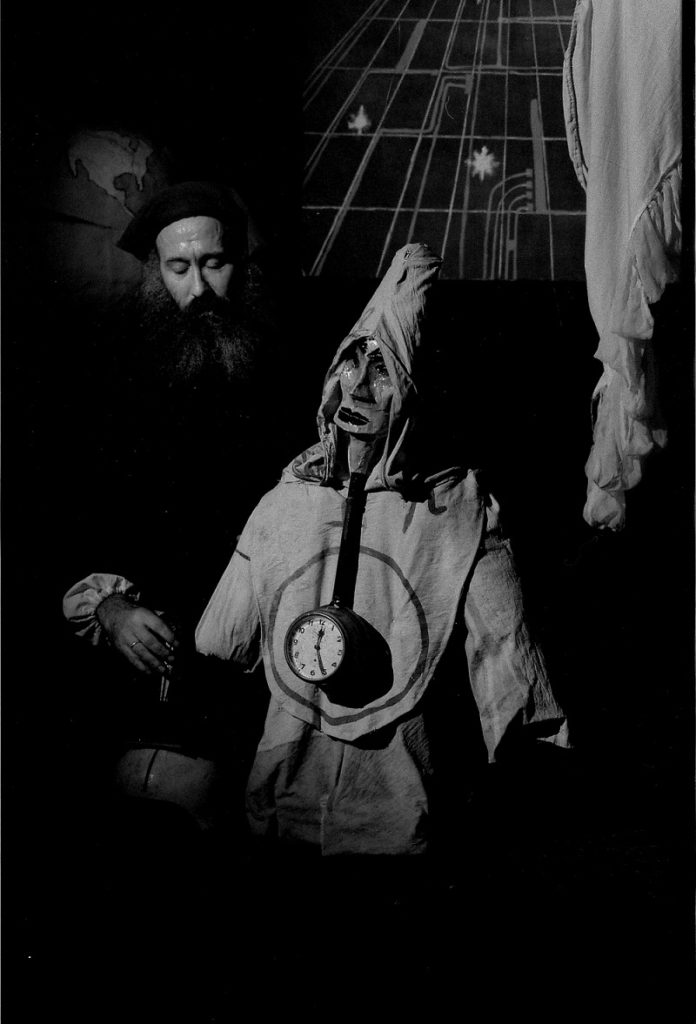
Everyone understands that a defining trait of theatre is to make time perceptible on stage and share it. In today’s PVOT, time is a critical subject, associated in fact with the theme of the Double: in order to perceive the distance between the One and the Other, it is essential to perceive the time that separates them. And while words tend to veil time behind subject matter, objects allow it to speak through them.
Can rituals not be defined by the shared characteristic of “wasted time”? That is exactly what the rite of theatre and of the ‘non-utilitarian’ rituals of meetings between professionals should be.
In conclusion
Obviously, many differences exist between the three countries that participated in the Meetings. France demonstrates an advanced stage of development, thanks to years of associative practices and professional development in the sector. Italy, for its part, has a remarkable heritage, whose richness is unique in Europe, besides a well developed professional practice, especially in the north and centre of the country. Spain has made enormous progress in the last fifty years following the long dark night of the dictatorship, and although it does not have an associative practice comparable to that of France nor a historical legacy like that of Italy, it currently has a wide range of companies, many of which are excellent and highly regarded internationally.
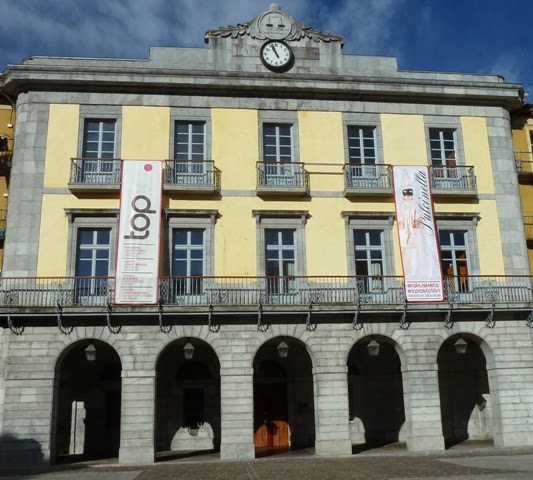
If we look closely at the sector’s different ecosystems, we will see that while festivals survive more or less successfully in the three countries, Training and Heritage Conservation (Museums) is not at the same level. Spain and Italy lack any official training in puppetry, with the exception of the Barcelona Theatre Institute, which continues to offer classes in Visual and Object Theatre, now well established.
The situation as regards museums is uneven and without doubt Spain is at the bottom of the league, in spite of the existence of four museums with solid foundations: TOPIC of Tolosa, MITA (Museu Internacional de Titelles de la Vall d’Albaida, Valencia), the Cadiz Puppet Museum, and MAE (Museu de les Arts Escèniques at the Barcelona Theatre Institute, which holds a well preserved and documented collection but is without exhibition space). There are various other collections such as that of Francisco Peralta in Segovia, and of Joaquín Hernández in Pola de Siero in Asturias.
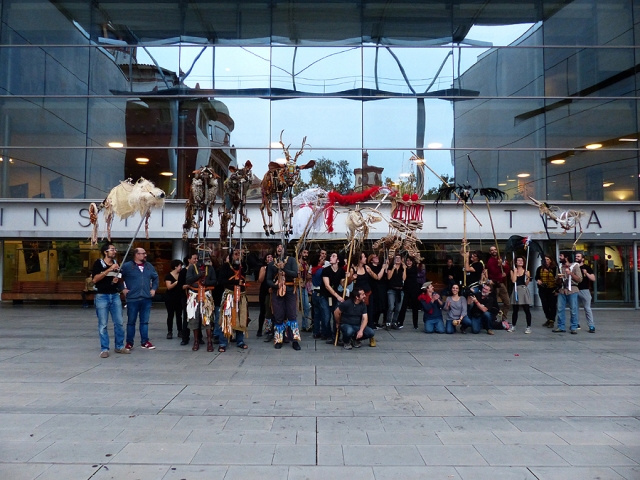
A situation that bears no comparison to the wealth of collections and exhibition spaces in Italy nor the excellent organisation of heritage material in France. But even so, some of these museums are extremely active, as is the case of TOPIC of Tolosa, constantly undertaking collaborative projects with other museums around the country and in Europe, such as with the important Lisbon Puppet Museum (Museu da Marioneta).
Perhaps not all elements that make up the ecosystems of the three countries participate with equal enthusiasm in this necessity to share and collaborate beyond one’s own frontiers, but many of them do; from companies to festivals, museums and schools, as well as UNIMA and its federated parts.
I believe we should “give time to time”, so that these ideas which have grown out of the keywords that emerged during the meetings may mature and develop in their own, different ways.
Links of participants:
France:
– THEMAA – Odradek, cie Pupella-Noguès
– FAMO (Fédération pour le Arts de la Marionnette en Occitanie)
– POLEM (Régroupement de marionnettistes de la Région Sud)
– AURA (Collectif de marionnettistes de la Region Auvergne Rhône Alpes)
Italy:
– UNIMA Italia
Spain:
– UNIMA Federación España
– TÍTEREDATA (Estudio del Sector del TTVO en España) (Download Study here)
– UNIMA Cataluña
– UNIMA Aragón
– UNIMA Illes Balears
– IF Barcelona
– Titeresante
Translated by Rebecca Simpson

